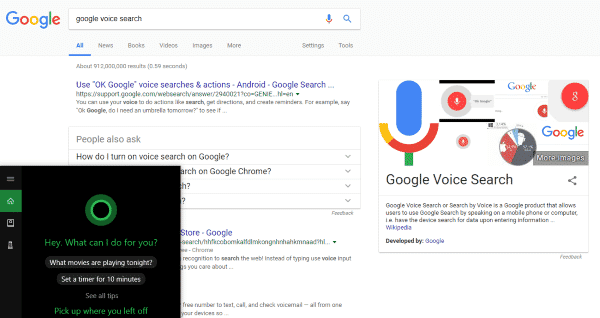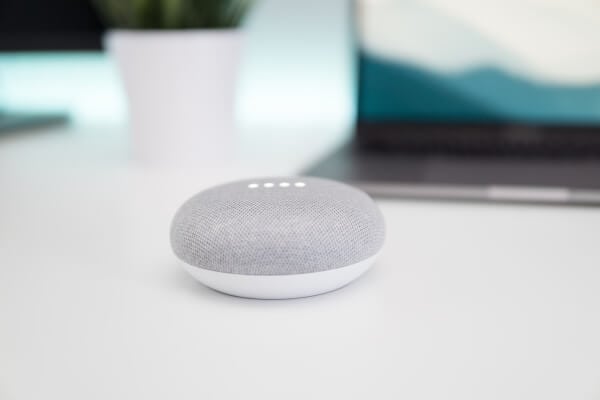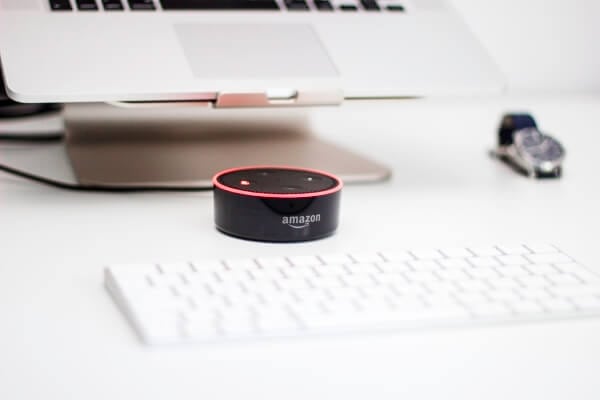“Alexa, order me a pepperoni pizza.”
“Hey Siri, find me the best electrician in Southern California.”
How do Alexa and Siri even know what restaurant or business to pick?
Having friends like Amazon’s Alexa, Apple’s Siri, Google’s Home, and Microsoft’s Cortana brings a new challenge for digital marketers: How do we market not only to people but now to devices or robots? (kinda scary) These devices have the capability to do a search on behalf of a human. The problem for digital marketers is that we are not able to see and control the queries that are populating.

Current Online Search Capabilities
As we have seen this past year, search engines and social media sites are tracking our preferences. According to Google help, ads may populate on websites you search on or just Google searches in general, based on your previous search history, your age, location, gender, or even your activity on another device (say a cell phone). Obviously, this allows businesses and marketers to find their unique potential customers to drive sales or build their brand.
But what happens when we ask a voice activated machine for information? Right now, 6 out of 10 adults say that they have used voice search throughout their day to find local businesses. This poses a new challenge in the digital marketing space. These devices will start to retrieve information based on our preferences and search tendencies, but also based off of how we structure our website pages.
Marketers that are ahead of the game now have a unique opportunity to capitalize on voice technology and get their clients ahead of their competitors.
Voice Search by the Numbers
By 2020, ComScore says that 50 percent of all searches will be voice searches. What we found most intriguing about the numbers was that most voice-enabled digital assistant users came from the Baby Boomers generation in which 39.3% have used the technology according to eMarketer.com.
What do these few numbers mean? Voice is not going anywhere and will only become more important, so we need to adjust. It also means that many of those consumers with buying power are using voice activated searches to get information to their smartphones and ultimately make buying decisions.

How to Optimize Your Website for Voice Search
Here are five strategies to make sure your online presence is ready for voice activation.
1. Create a Mobile Optimized and Fast Website
You must have an optimized and fast website. A voice activated device will pull information from mobile optimized content that is relevant, strong, utilizes keywords (from location to services), and delivers results quickly. Site speed is more important than ever and having a fast mobile site helps your business succeed.

2. Create Conversational Page Titles and Headings
Voice devices will change the way your search engine optimization strategy should be structured. For example, people are using more conversational language when asking a voice device for information. This will be important to keep in mind when updating SEO keywords and your post titles. Before writing an SEO friendly blog post or page, think, “What question would someone ask that this page can answer.” Then get that question in the post!
3. Emphasize Informative Information
Since most humans are asking questions to these devices, it is important to emphasize informative content and make sure it is to the point and concise. Structure your website with correct headings, bold points that contain crucial information, and use italics where necessary. This will help voice machines deliver relevant information that is included in your post.

Image credit: Purna Virji
4. Create a Frequently Asked Questions (FAQ) Page
Piggy-backing off of points two and three, making an FAQ page will allow you to use long-tail keyword phrases that are extremely conversational. Make sure to continue to use good structure and group questions that have commonalities together. Again, go for what sounds natural and what someone might actually ask when querying Alexa or Siri for an answer.
5. Use Structured Data Snippets
By making sure that structured data is established on your website, you will be able to power search results with direct answers that show up in the “cards” on a Google search result. Using this type of information on your site will help search engines understand and crawl your information quicker and better. Make sure that after each change or new post that is added to your website you are submitting pages to Google index. Learning how to submit your new website page to Google is a great place to start.

So whether someone is asking Alexa for a pizza or an electrician, we have more power than we think in determining the answer from this machine. Make sure your website is up to speed, your information is accurate and concise, and before you know it, we might be thanking Siri, Alexa, Google Home or Cortana for leads. This is the future.





0 Comments